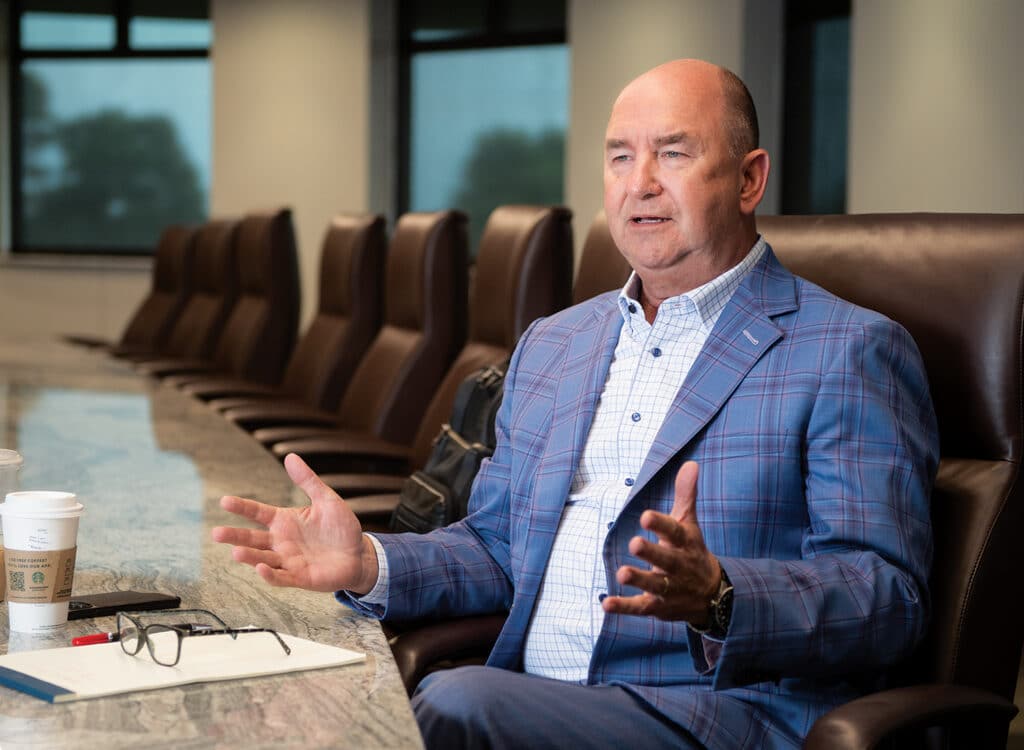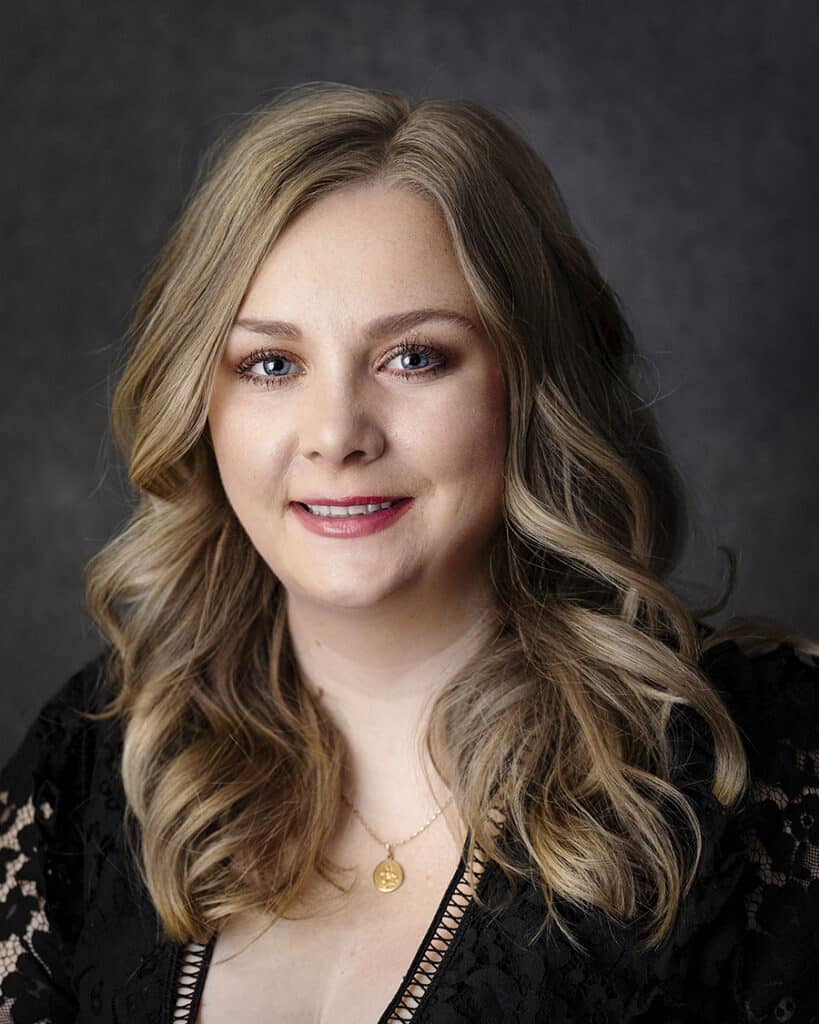Guest opinion: You can be a dream manager

By Jann Freed | Leadership development consultant, the Genysys Group
“The Dream Manager” by Matthew Kelly is a short, fictional story about how “one leader and his executive team set out to transform a business by actively engaging a disengaged workforce.” They decide to hire a “dream manager” — someone who helps employees achieve their dreams.
The dream manager meets with employees, discusses their dreams and helps them put together a plan to achieve their dreams. Once a month, they meet with the dream manager, assess their progress and discuss next steps. They discover that helping employees move in the direction of their dreams creates a dynamic workplace and adds value to their lives both professionally and personally.
Last summer I participated in a webinar, and one of the participants from Indiana shared that she was a dream manager. It is one thing to read about it in a book, but I wanted to talk with an actual dream manager, so I called her up. She said she completed the Matthew Kelly certification because Goodwill Industries International is a strong believer in the program. While she said it was only part of her responsibilities, it was the most interesting and rewarding part. She considered listening to employees’ dreams and helping them develop a plan for reaching them the most important part of her position.
Reading this simple book had a profound effect on me. What is the difference between striving for dreams and accomplishing goals? Do we know the dreams of the people we care about, including family members? How would relationships be different if we knew and cared about their dreams?
In workshops, I often ask participants if they could recite the words to two songs — “Climb Every Mountain” and “Over the Rainbow.” If you know these songs, “dream” is a prominent word in each. In small groups, I ask participants to share a few of their dreams. Then I ask them to talk about their goals.
There is an observable difference. People are much more energized, inspired and engaged when talking about their dreams versus their goals. In fact, Dr. Martin Luther King Jr.’s memorable speech during the March on Washington in 1963 was supposedly titled “Normalcy No More.” But people were so inspired by his references to “the dream” that it is now known as the “I Have a Dream” speech.
We encourage our kids to dream and think big. We talk to young people about reaching for the stars. But with age and experience, we seem to stop dreaming. While dreams are invisible, they are powerful. We get focused on getting things done, being busy, having health care coverage, and covering mortgage payments. We tend to forget about reaching our dreams. We may not even have any dreams for ourselves anymore.
In “The Dream Manager,” Kelly talks about keeping a dream list in 12 basic areas: physical, emotional, intellectual, spiritual, psychological, material, professional, financial, creative, adventure, legacy and character. You can create your own list, but the idea is to start dreaming and keep track of your dreams. Kelly concludes that if people are in the habit of pursuing and achieving dreams in their personal lives, they will be much more effective at working on the goals and dreams put before them in the workplace. It only makes sense that when we know the dreams of the people around us, we will become more inclined to want to help them reach those dreams.
We can all be dream managers both at work and at home — for our spouses, children, colleagues and friends. Do you know the dreams of the people who matter most to you? After reading this book, I intentionally told my husband my dreams and asked him about his dreams. I called my sons and asked them about their dreams and shared some of my dreams. Now we can work to support each other in reaching those dreams.
It sounds so simple, yet the concept is so powerful and it usually does not happen naturally. As Kelly points out in his book, “Isn’t one of our primary responsibilities of all relationships to help each other fulfill our dreams?” It takes intentional effort, but it is worth it. I encourage you to do the same with the people in your life. Try it out and let me know how it goes.
By the way, what are your dreams?
Jann Freed, PhD, is a leadership development and change management consultant with the Genysys Group. She is the author of “Leading with Wisdom: Sage Advice from 100 Experts” and certified as a Sage-ing Leader. Jann is on the Planning and Zoning Commission for the city of Des Moines and a director on the Bank Iowa Board. Contact her on her website atwww.JannFreed.com.







